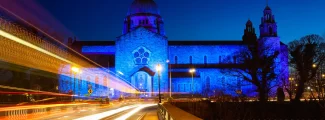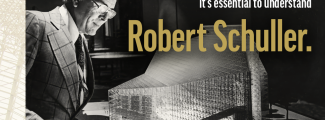Sign up to receive full essays in your inbox!
Featured
Baptist Pastor Shot in Leg by Officer During All Saints’ Day March Outside ICE Facility
This issue of A Public Witness explores the story of Rev. Michael Woolf, an American Baptist/Alliance of Baptists pastor who became the latest clergy to experience violent state tactics being used against peaceful protesters.
Review: Why I Am Protestant
Beth Felker Jones offers a theologically grounded reflection on the beauty and complexity of the Protestant tradition, inviting a deeper understanding of Protestantism and its place in the broader Christian community.
Texas Episcopal Diocese Says One of Its Priests Has Been Detained by ICE
At least one other religious leader, Muslim hospital chaplain Ayman Soliman, had been detained earlier by ICE as part of President Donald Trump’s ongoing mass deportation effort.
Church
How a Former Schoolteacher Became the Next Lutheran Presiding Bishop
The Rev. Yehiel Curry, a former lay church planter, will be installed as presiding bishop of the Evangelical Lutheran Church in America in October.
Dallas Clergy ‘Bear Witness’ With Prayer Vigils Outside ICE Office
Mara Richards Bim, the new Justice and Advocacy Fellow at Royal Lane Baptist Church in Dallas, spoke about how to bridge what we talk about in church and political action.
Church Membership May Be Declining, but Many Churchgoers Are Double-Dosing
Amid a collapse of loyalty to religious institutions, many churchgoers say they are attending multiple congregations on Sunday morning.
Nation
New Oklahoma Schools Superintendent Rescinds Mandate for Bible Instruction in Schools
The directive last year from former Superintendent Ryan Walters drew immediate condemnation from civil rights groups and prompted a pending lawsuit from a group of parents, teachers, and religious leaders.
Nearly All State Funding for Missouri School Vouchers Used for Religious Schools
In the first month of direct state aid for Missouri’s K-12 scholarship program, 98% of funds went to Christian, Jewish, and Islamic institutions.
Missouri Blocks Spiritual Advisor Request for Prison Pastor’s Execution
With the execution of Lance Shockley approaching, this issue of A Public Witness unpacks the debate over his religious freedom rights for his final moments.
World
African Church Leaders Address Decolonization and Reparations and Debate Their Role
At a three-day conference, African theologians and scholars considered how colonizing countries can make amends for historical wrongs and the place of forgiveness.
Johnnie Moore, Prominent Pro-Israel Evangelical, Named Chair of Gaza Aid Group
The Gaza Humanitarian Foundation, created within the past year, is a private group, formed with Israel’s blessing after it sought to circumvent the aid relief previously provided by the United Nations.
Berliners Are Rediscovering Their Faith Outdoors Through Local Pilgrimages
Christian pilgrimage walks are a way for Berliners and visitors of all ages to engage with their faith without stepping foot in a church.
Editorials
Preaching a Gospel of Conspiratorial Politics
MAGAchurch preaching occurs in sanctuaries across the country. But the prominence of First Baptist in Atlanta and his involvement in an important Senate campaign makes Rev. Anthony George a particularly important case study. So, in this issue of A Public Witness, I introduce you to George and his sermons before
What is Truth?
This piece was originally published as the cover story of Word&Way magazine in October 2020, but which has never been published online. Read the piece online in our e-newsletter A Public Witness.
DeSantis Preaches Dangerous Armor of God
Word&Way Editor-in-Chief Brian Kaylor reflects on dangers of rhetoric by Florida Gov. Ron DeSantis as the Republican politician misquotes Ephesians 6 to demonize his opponents.
Word&Way Voices
Can We Recover a Healthy Democracy?
Contributing writer Rodney Kennedy argues that if our democracy has a chance to return to a vibrant life in the future, its ambiguous and messy universal principles will need to be in fighting form.
Wait, We’re the Oppressed Ones?
Exploring the politics behind a new commission built on Christian privilege reveals competing understandings of religious liberty that have consequential implications for public schools.
A Truth Universally Acknowledged: Blessed Are the Peacemakers
Since the popular screen adaptation of “Pride & Prejudice” is back in theaters for its 20th anniversary, it is worth thinking about how this enemies-to-lovers story can offer us a unique glimpse into peacemaking.
E-Newsletter
Alarm Bells to Start the School Year
This issue of A Public Witness looks at the need for those who oppose Christian Nationalism to fight not just with lawsuits but also in the court of public opinion, so we can effectively protect religious liberty.
Three New Documentary Projects Warn About Abusive, Nationalistic Faith
This issue of A Public Witness recommends two films and one miniseries exploring important issues of Christian Nationalism and religious abuse.
Literally Misreading the Bible
This issue of A Public Witness looks at how one Calvinist voice with connections to Secretary of Defense Pete Hegseth is publicly doing violence to Scripture to justify some disturbingly unChristlike behavior.
Books
Review: Braving Difficult Decisions
In “Braving Difficult Decisions: What to Do When You Don't Know What to Do,” Rev. Dr. Angela Williams Gorrell maps out a process for working through the most challenging aspects of complex choices.
‘Baptizing America’ Wins Top Award From Religion Communicators Council
Our ‘A Public Witness’ newsletter also garners two Best in Class awards in the Specialized Writing and Artwork categories, and Unsettling Advent wins top editorial series for the fourth straight year.
Review & Giveaway: Blessed Minds
A congregational pastor who also serves as the UCC’s Minister for Disabilities and Mental Health Justice, Sarah Griffith Lund has long been a voice helping Christians gently and wisely wrestle with neurodiversity.
Review: The Church Must Grow or Perish
“The Church Must Grow or Perish: Robert H. Schuller and the Business of American Christianity” examines Schuller's indelible imprint on the American church.

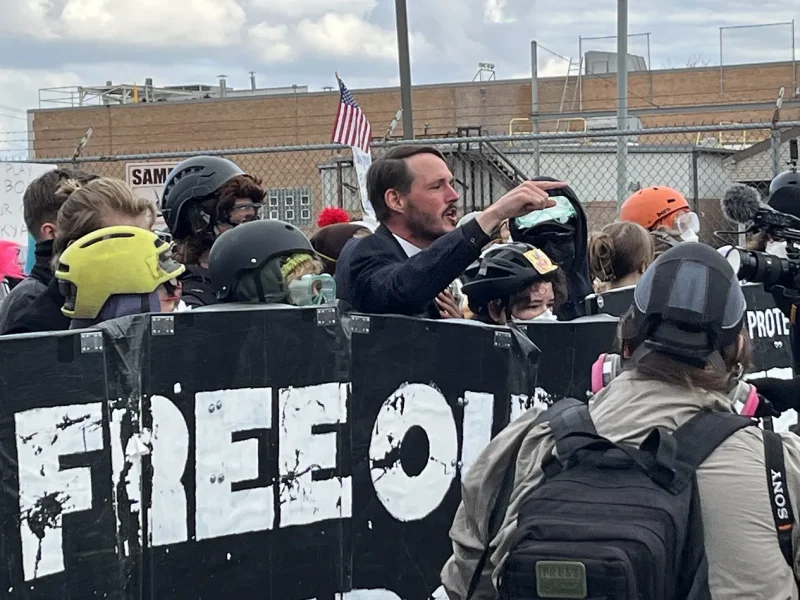
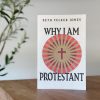
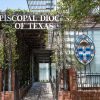
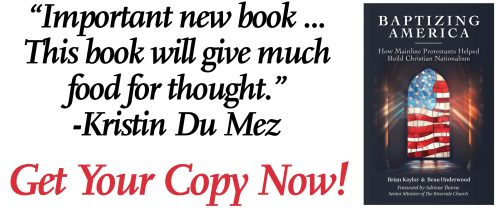


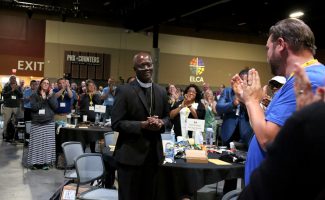
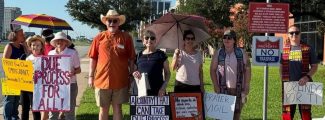

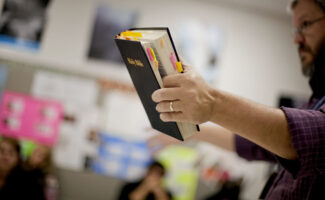
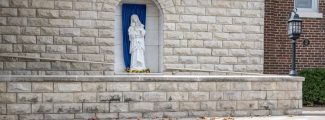
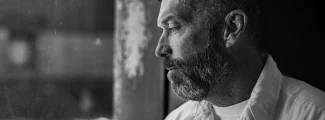
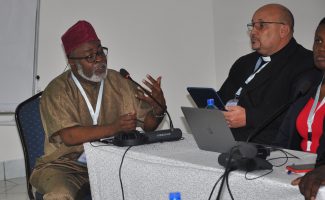


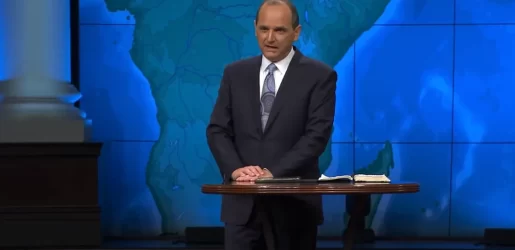


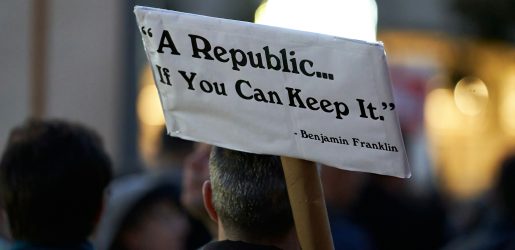
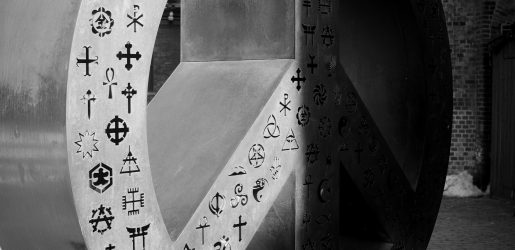

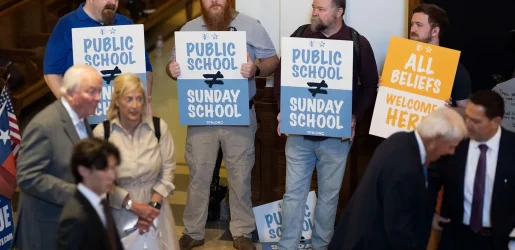
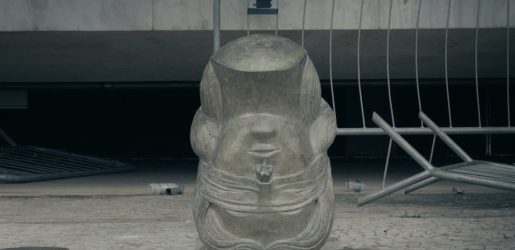
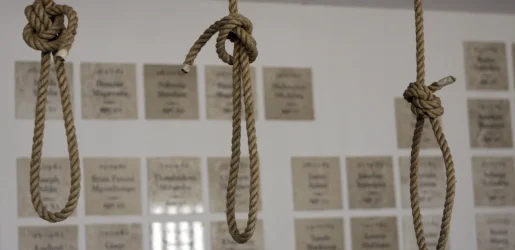







![Listen to 187. Rep. Emanuel Cleaver on Faith & Politics [Reissue]](http://images.weserv.nl/?url=static.libsyn.com/p/assets/d/c/4/8/dc48d37e1c129b96d959afa2a1bf1c87/DANGEROUSDOGMA-20250903-9imi1p7mi1.jpg&w=100)





